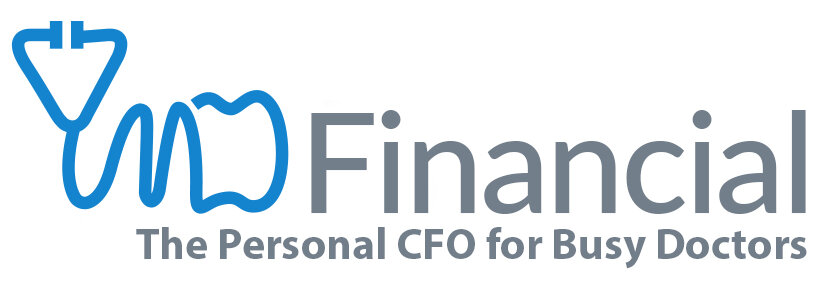Deciding whether to embark on a medical fellowship is a significant choice that goes beyond the realms of medical expertise. While the focus has traditionally been on the medical and academics, it is increasingly crucial for doctors to consider the financial implications of such a decision.
Quality of Life and Career Satisfaction:
Before delving into the financial intricacies, it's essential to recognize the pivotal role of happiness and job satisfaction. Undertaking a fellowship can be a positive move if it contributes to a more fulfilling career, reduces stress, and enhances overall quality of life. This holistic perspective is foundational to making informed decisions.
Financial Impact on Postponing Regular Income:
One critical consideration revolves around the financial stress associated with delaying entry into a full-fledged medical career. Doctors, especially those with substantial student debt, should carefully evaluate the impact of postponing a regular income. The often-overlooked question is whether this delay truly provides benefits or exacerbates financial pressures.
Strategic Considerations for Residents:
For residents navigating significant student debt, particularly those on a public service loan forgiveness track, the decision to delay higher income needs strategic evaluation. A comprehensive financial analysis is recommended to determine if a fellowship aligns with long-term financial goals and debt management.
Realities of Income Changes:
Contrary to common assumptions, many medical fields, such as emergency medicine, may not witness substantial income changes post-fellowship. This challenges the notion that income should be a primary driver in deciding whether to pursue a fellowship.
Career Trajectory Enhancement:
Drawing from experiences in diverse medical fields, additional fellowships can provide unique skills and improve employability, especially in response to shifts in the job market. This underscores the need for doctors to consider how a fellowship might positively influence their career trajectory.
Academic vs. Clinical Paths:
The allure of academic positions often overshadows the potential benefits of roles in straight clinical medicine. Considering the financial aspects, doctors should weigh the advantages of roles where they have more control over their practice, potentially leading to greater job satisfaction and financial rewards.
Strategic Decision-Making:
Approaching the fellowship decision with a clear understanding of long-term goals is paramount. Balancing the financial sacrifices with potential benefits and aligning these decisions with overall life satisfaction ensures a strategic approach.
In conclusion, the decision to pursue a medical fellowship necessitates a comprehensive understanding of the financial dynamics involved. We encourage all doctors to adopt a holistic approach, considering personal, career, and financial factors before committing to this significant step in their medical journey. MD Financial can help you with these considerations!
Listen on Apple Podcast, Google Podcast, Amazon Music, or Spotify.
To hear the original podcast, check out the Brown University page here.
CONTACT US
1-888-256-6855
Remember that you can send us any questions or potential topics at: Info@MDFinancialAdvisors.com
Katherine Vessenes, JD, CFP®, is the founder and CEO of MD Financial Advisors who serve 500 doctors from Hawaii to Cape Cod. An award-winning Financial Advisor, Attorney, Certified Financial Planner®, author and speaker, she is devoted to bringing ethical advice to physicians and dentists. She can be reached at Katherine@mdfinancialadvisors.com.

![Understanding the Financial Dynamics of Pursuing a Doctor's Fellowship [Podcast with Dr. Kristy McAteer]](https://images.squarespace-cdn.com/content/v1/561feb4ee4b0de0eb30d6d3c/1702400697068-ALHOC2F4KIUDO68P29PY/pexels-gustavo-fring-3985166.jpg)
